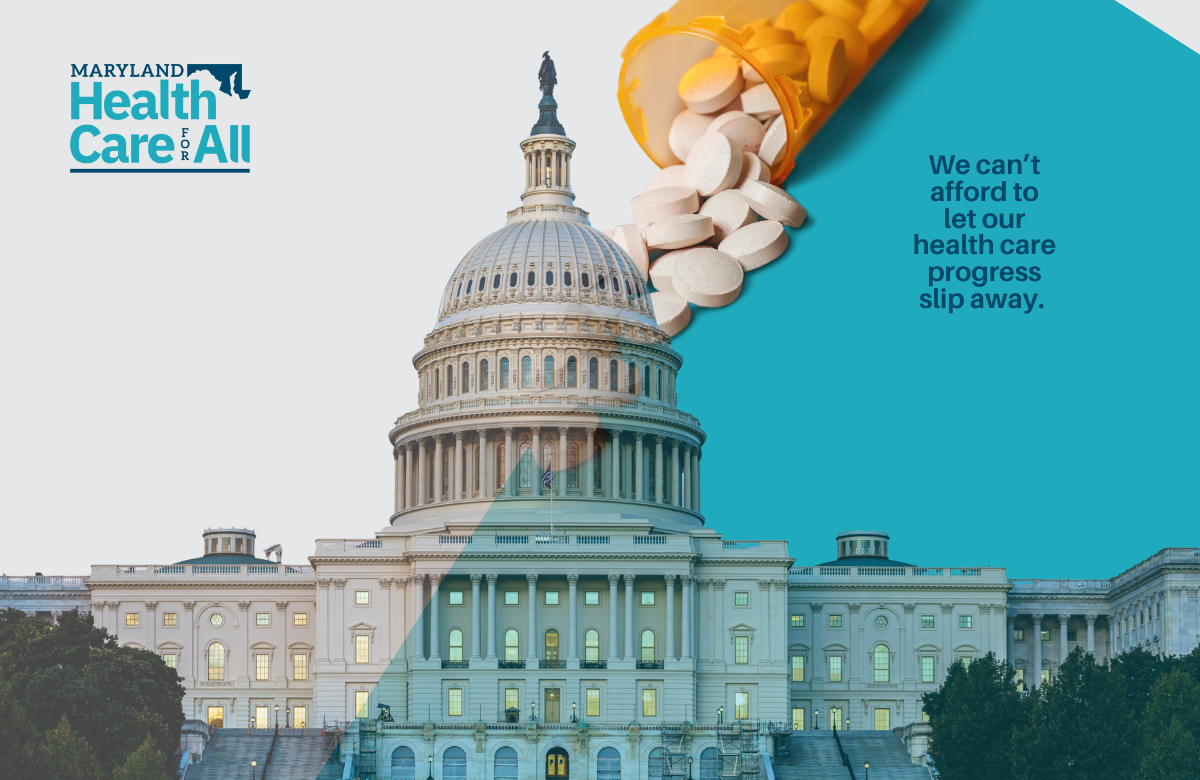The Washington Post
Tuesday, March 29, 10:34 PM
By Aaron C. Davis and Ann E. Marimow
The first alcohol-specific tax increase in a generation, changes in retirement benefits for public employees and funding for some of Maryland’s neediest schools have emerged as the deepest divides between budget plans in the state’s House and Senate.
The fissures expose how some of the most powerful lobbies in Annapolis are pitted against one another for scarcer resources after years of billion-dollar budget shortfalls.
Under one measure in the budget resolution that passed the Senate on Tuesday night, lawmakers would go against the entrenched alcohol lobby and raise the state sales tax on beer, wine and liquor in each of the next three years, until it equals that in the District. Maryland last raised its excise tax on beer and wine 38 years ago, and its levy on hard alcohol in 1955.
The bulk of the money would initially go to public schools in Prince George’s County and Baltimore, which would lose funding under the budget proposed by Gov. Martin O’Malley (D). The measure next goes to the House, where Democratic leaders say they are open to the plan, even though measures for alcohol tax increases have died in that chamber’s revenue committee in recent weeks.
The two sides must work out their differences before the General Assembly adjourns at midnight on April 11.
A greater battle looms over differences between the House and Senate plans when it comes to lawmakers’ efforts to enact O’Malley’s goal of weaning state workers off a robust health-care plan.
The House has adopted a plan that among other measures, would continue to tamp down annual retiree health-care costs with a $1,000 out-of-pocket cap. The cap would probably more than quadruple for the state’s 100,000-plus retirees in 2020, when they would be shifted to federal Medicare coverage.
The Senate plan ramps up out-of-pocket costs annually for retirees toward the higher Medicare rate.
In addition, Maryland’s 71,000-member teachers union has vowed to fight the House and Senate versions of plans aimed at returning the state’s pension fund to solvency.
Both chambers would force teachers and public employees to set aside a greater share of their pay to attain the same pension benefits they had been expecting.
The Maryland State Education Association has proposed its own plan, which would maintain current vesting and other protections but still lift the state pension system from a projected 59 percent funding level next year to a federally recommended 80 percent by 2023. The House, Senate and governor’s plans would reach the level the same year, but O’Malley’s would continue to 100 percent funded seven years later.
Minutes before debate began on pension reform in the Senate on Tuesday, the union e-mailed every lawmaker, warning that their votes for the chamber’s plan would be considered “anti-MSEA.” The union also began blasting a measure that would cap at $300 million annually the amount of savings from the changes that would be reinvested in the pension fund, with the rest going to augment revenue in the state’s general fund.
“The dirty little secret in the General Assembly is that the plan over the next 13 years generates $6.3 billion in savings yet diverts $2.3 billion of those savings to the general fund,” said David Helfman, the union’s executive director. “This was all justified on a need to . . . provide sustainability for benefits.”
The chambers must also settle differences on funding for environmental programs, and higher fees on car and property owners for transportation spending.
But the measure that would affect the largest number in the state is the alcohol tax.
House lawmakers last week approved a $14.6 billion budget blueprint that does not raise broad-based taxes, but Senate lawmakers have taken a different approach. Under the Senate-backed plan, Maryland consumers would see the sales tax on liquor gradually increase from 6 percent to 9 percent over a three-year period to eventually generate $85 million in state funds.
For a $10 six-pack or bottle of wine, for instance, Maryland consumers would pay an additional 10 cents in sales tax in July, and 30 cents more by the summer of 2014.
The debate over the alcohol tax raised broader questions on the Senate floor Tuesday about which programs should benefit from the new funds.
For two years, a coalition of advocates for the developmentally disabled and mental health programs aggressively lobbied lawmakers to increase the state excise tax on alcohol — an alternate approach that would have raised $214 million for health programs. The so-called “dime-a-drink” campaign framed the debate as a matter of public health and made it a 2010 election issue, securing support from more than 80 legislators.
But Senate budget writers backed away from raising Maryland’s excise tax. The sales tax approach would put Maryland on par with the District, which charges 9 percent at retail stores and 10 percent on liquor consumed in bars and restaurants, according to legislative analysts.
Even though the Senate plan would not raise as much money as advocates initially envisioned, Vincent DeMarco, who led the “dime-a-drink” campaign, declared the Senate action a “public health victory.”
“We don’t care if it’s excise or sales,” DeMarco said. “We want the price of alcohol to go up to reduce underage drinking and alcohol abuse.”
Last modified: March 30, 2011



